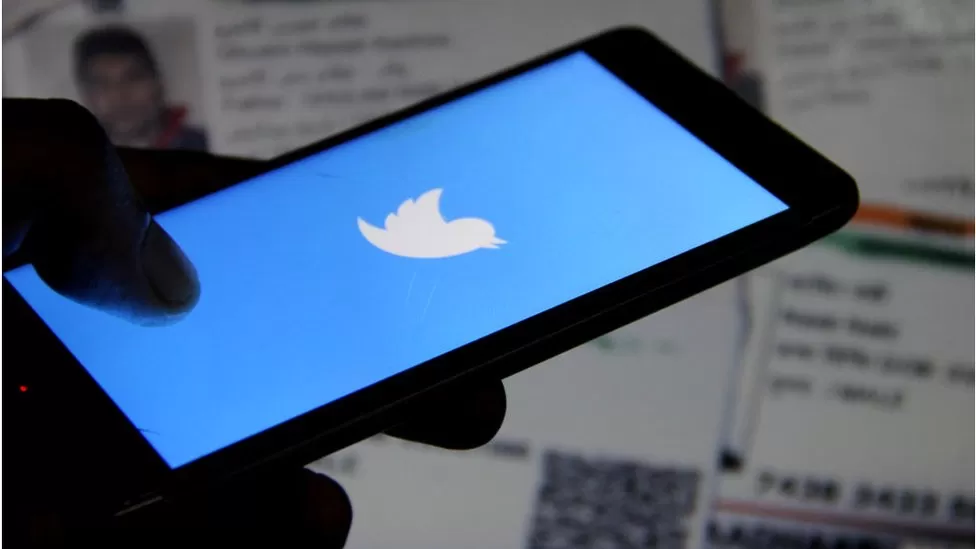Karnataka High Court’s Twitter verdict sparks debate on free speech

In July 2022, Twitter sued the Indian government for blocking certain accounts and tweets. It has been hailed as a significant lawsuit by several free speech experts.
This was the first time a social media company sued the government over its content takedown orders, often criticized as arbitrary and opaque.
Twitter was fined 5m rupees ($61,000; £48,000) for not complying with the contested orders for over a year by the Karnataka High Court last week. Approximately 24 million people use Twitter in India, according to one estimate.
Many digital rights experts are concerned about the verdict.
It gives the state unfettered power to impose blocking orders that bypass procedural safeguards, according to Radhika Roy, a lawyer for the digital rights organization Internet Freedom Foundation.
According to her, the court could have countered “the rampant misuse” of law to take down unfavorable content on the internet rather than legitimizing it.
Twitter’s next move is causing apprehension among commentators. The social media giant has the option of complying with the takedown orders or appealing the verdict.
Under Twitter’s previous leadership, the case was filed. A takedown order has been complied with by the company under new owner Elon Musk.
Mr Musk told Prime Minister Narendra Modi after their recent meeting in the US that the company must comply with local government laws or risk being shut down.
Considering that the government has been accused of increasing its censorship of online content in recent years, this judgement raises concerns about free speech. Indian laws must be followed by all foreign Internet platforms, according to federal minister Rajeev Chandrasekhar.
According to the Indian government, 3,417 tweets were blocked from Twitter in 2022, compared to only eight in 2014.
The case
Among other things, Twitter claimed that 39 federal government orders to block access to accounts and tweets violated the law by blocking access to accounts and tweets. According to India’s information technology law, the government can block online content that threatens the security of the state and public order.
According to the article, the government is not allowed to block accounts, only specific tweets.
Additionally, it stated that the government had not explained the order properly and had not provided the grounds for taking down content.
Additionally, the government did not notify users whose accounts were being blocked.
Defending the orders, the government argued that they were legal. As a result of receiving information about the action being taken against them, the anti-India campaigners might choose to tweet anonymously and cause more harm.
Accordingly, these orders should only be communicated via Twitter, the government said.
Since these orders must be kept confidential, it is not known which accounts and tweets were challenged.
Nevertheless, one case cited in the judgement reveals that at least one account posted tweets related to a farmer’s protest in 2021 against new farm laws.
